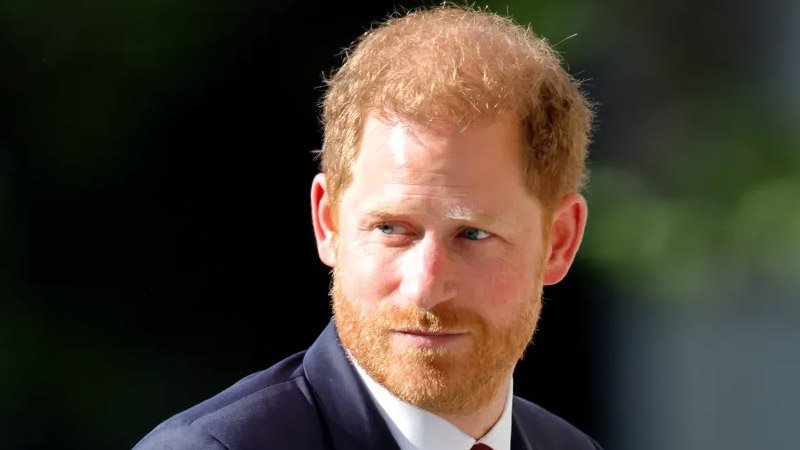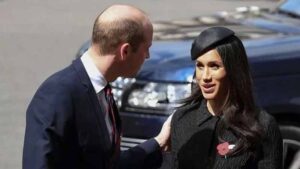
(Getty)
Prince Harry firmly maintains his stance that there is “no cover-up” involved in the deletion of his text messages. This assertion comes amid his ongoing phone hacking lawsuit against NGN, the publishers of the U.K.’s The Sun.
On June 27, NGN’s lawyers accused the Duke of Sussex of “obfuscation,” claiming he “deliberately destroyed” relevant evidence, including hundreds of texts and emails. Elevating their defense, English High Court Justice Timothy Fancourt expressed concern, noting “troubling evidence” that Harry eradicated messages “well after this claim was underway,” which he cited as “a real concern.”
Harry had personally searched for the relevant documents at his home in Montecito, California. As a result, Judge Fancourt demanded that Harry explain himself in court.
In response, Harry’s lawyers insist there is no cover-up involved. They claimed that he had gone “above and beyond his obligations” to locate the documents, labeling the opposing counsel’s request as a “classic fishing expedition.” However, they acknowledged that many of his texts, especially those related to his memoir “Spare,” were deleted because they contained “highly sensitive information about Harry and his family.”
“If leaked, would not only compromise his security but also be potentially damaging to [him] and his family,” the lawyers stated, according to In Touch Weekly. The tension in the courtroom reflects the high stakes of the lawsuit. NGN’s accusations and the subsequent judicial concern underscore the complexity of the case, which has already seen significant legal maneuvering.
Despite the allegations and judicial scrutiny, Harry’s legal team stands firm in their defense. They argue that the Duke has fulfilled his legal responsibilities and that the opposing side’s claims are an attempt to find something incriminating without basis.
This case continues to unfold, with the legal teams preparing for further court appearances and arguments. The outcome of this high-profile lawsuit could have far-reaching implications not only for Prince Harry but also for media practices and privacy laws in the U.K.
As the legal battle progresses, it remains a focal point of public and media attention. The proceedings will likely continue to garner interest as both sides present their arguments and evidence in court. The case’s resolution will be closely watched, as it may set a precedent for similar cases in the future.


